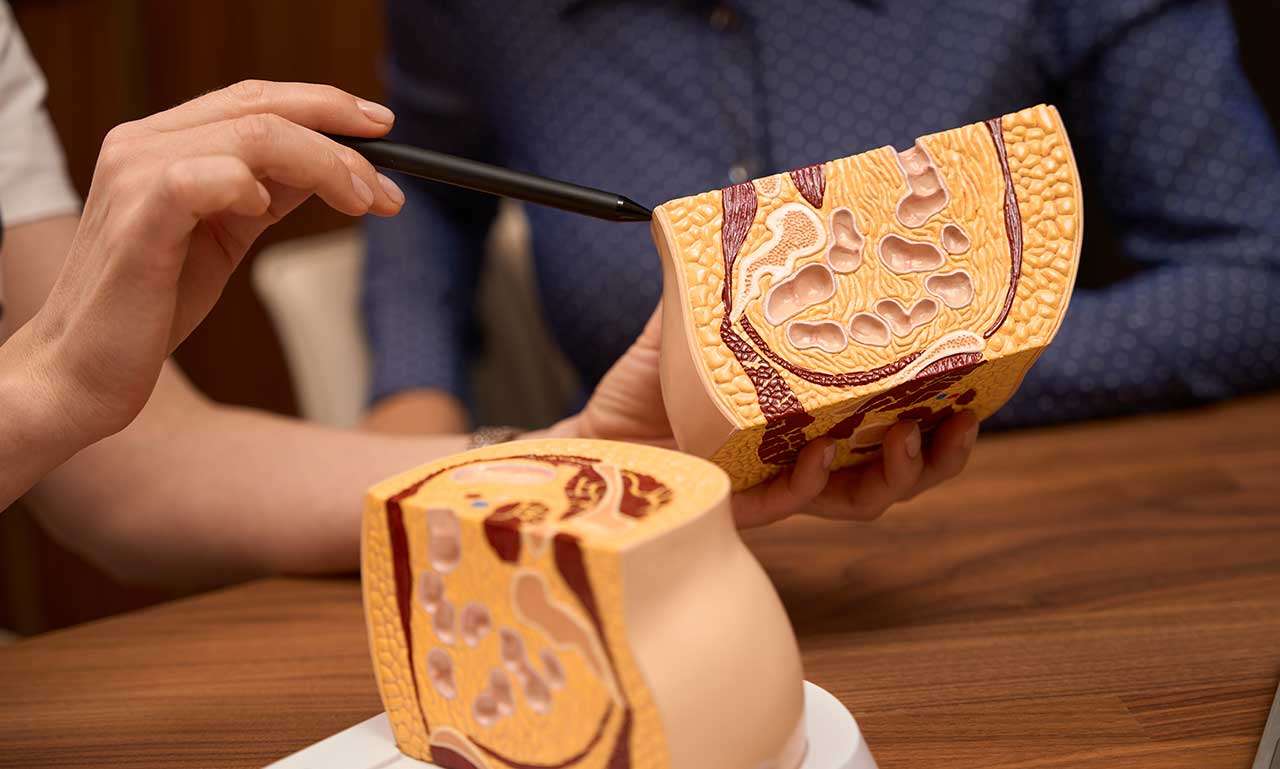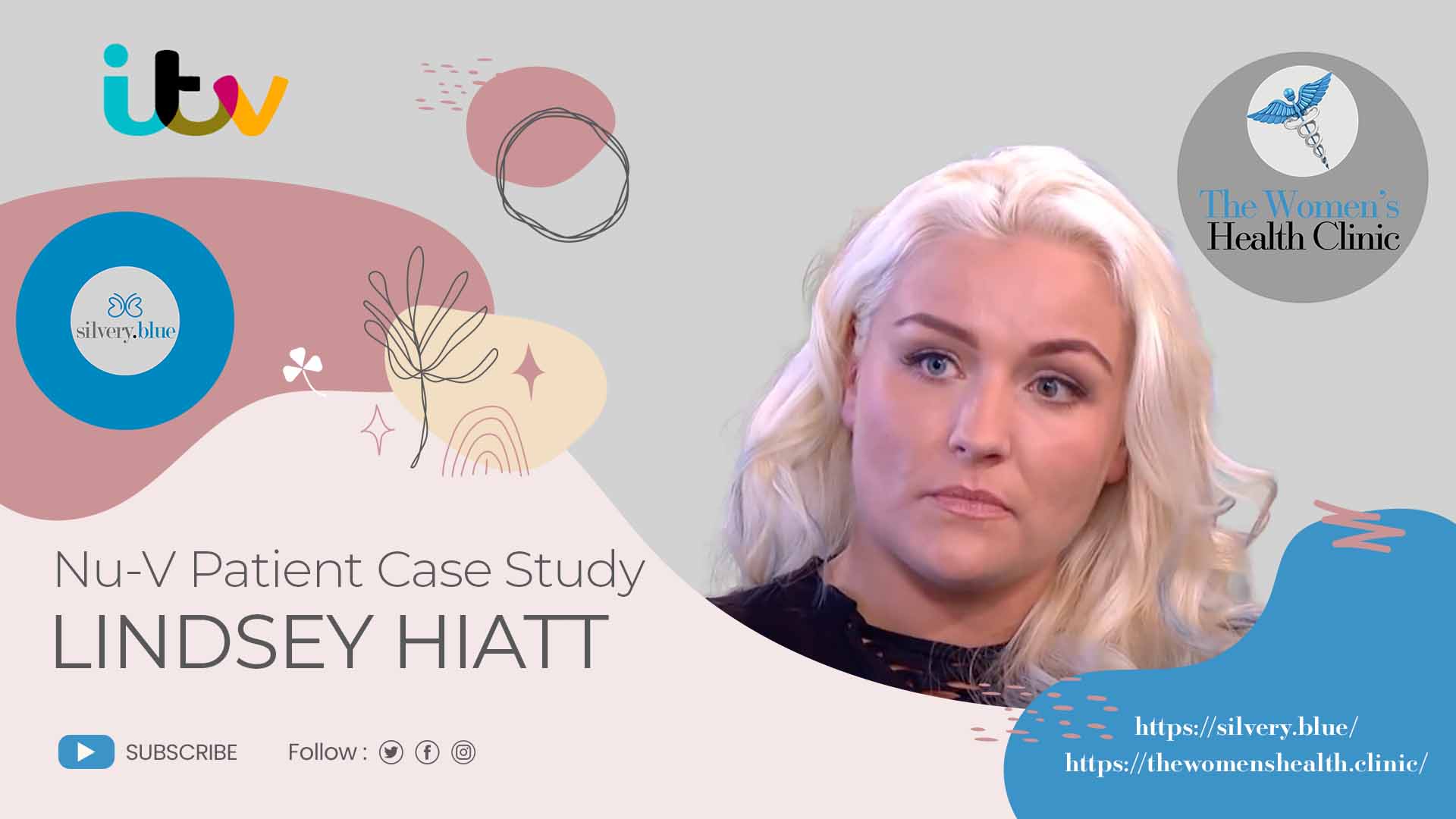Nurturing Your Pelvic Health: A Comprehensive Guide
Understanding Pelvic Health
Your pelvic health plays a vital role in daily life, yet it’s rarely discussed openly. The pelvic region houses important organs and muscles that control bladder function, bowel movements, and reproductive health. When these systems work together smoothly, they contribute significantly to your quality of life.
Key Takeaways
- Pelvic health fundamentally impacts your daily comfort and well-being
- One in four adults experiences some form of pelvic floor disorder
- Early intervention can prevent many common complications
- Non-surgical options are available for many pelvic health concerns
- Natural aging and hormonal changes can affect pelvic health
- Regular check-ups are essential for maintaining pelvic health
- Lifestyle choices significantly impact long-term pelvic wellness
Pelvic floor disorders affect roughly 25% of adults, though many never discuss their symptoms openly. These conditions can include anything from bladder control issues to pelvic pain or organ displacement. Risk factors increase with age, during pregnancy, and with chronic constipation. At The Women’s Health Clinic, we create a comfortable environment where you can discuss these concerns openly and find appropriate solutions.
Common Pelvic Health Concerns
Urinary Incontinence
Half of all women will experience urinary incontinence at some point in their lives. Despite its prevalence, this condition isn’t an inevitable part of aging. Various types exist – some experience leakage during physical activity, while others face sudden, urgent needs to urinate. Understanding your specific symptoms helps determine the most effective treatment approach.
Our clinic offers several evidence-based approaches to address incontinence, including specialized pelvic floor training and advanced treatments like Nu-V technology. These options can significantly improve bladder control and restore your confidence in daily activities.
Pelvic Organ Prolapse
When pelvic floor muscles weaken, organs can shift from their optimal position, leading to prolapse. Common symptoms include a sensation of heaviness in the pelvic area, noticeable tissue bulging, or difficulties with bladder and bowel function. This condition can affect various pelvic organs, including the bladder, uterus, or rectum.
Treatment options vary based on the severity and type of prolapse. Our specialists develop personalized care plans that may include specialized exercises, supportive devices, or, when necessary, surgical intervention.
The Role of Hormones in Pelvic Health
Hormonal fluctuations significantly influence pelvic health throughout life. During menopause, changing hormone levels can lead to various pelvic health challenges, including tissue changes and muscle weakness. Understanding these natural transitions helps you better prepare for and address any changes you experience.
Menopause brings natural changes to your body, and The Women’s Health Clinic provides comprehensive support, addressing both physical symptoms and emotional well-being. We’ll help you navigate this transition with evidence-based treatments and practical lifestyle guidance.
Modern Treatment Options
Nu-V Technology
Nu-V represents a breakthrough in non-surgical pelvic health treatments. This innovative approach stimulates natural collagen production, improving tissue health and flexibility. The procedure typically takes just 15 minutes, with minimal discomfort and no downtime.
Advanced Therapies
Today’s pelvic health treatments include sophisticated options like HIFU (High-Intensity Focused Ultrasound) and radiofrequency therapy. These precise, non-invasive treatments target specific areas while preserving surrounding tissue. Many patients appreciate these options for their effectiveness and quick recovery times.
Preventive Care and Maintenance
Prevention remains the cornerstone of pelvic health. Regular check-ups become particularly important after significant life events like childbirth or during natural aging processes. These assessments help identify potential concerns before they develop into more challenging issues.
World Menopause Day highlights the importance of understanding how your body changes over time. It’s an opportunity to learn about maintaining pelvic health through various life stages and to connect with resources and support systems.
Your Path Forward
Taking control of your pelvic health demonstrates a commitment to your overall well-being. Whether you’re experiencing specific symptoms or focusing on prevention, The Women’s Health Clinic offers the expertise and support you need. Our team stays current with the latest advances in pelvic health care while maintaining a compassionate, understanding approach.
Remember that pelvic health concerns are both common and treatable. Seeking help early often leads to better outcomes. Every person’s journey differs, but with proper care and support, you can maintain optimal pelvic health throughout your life.




